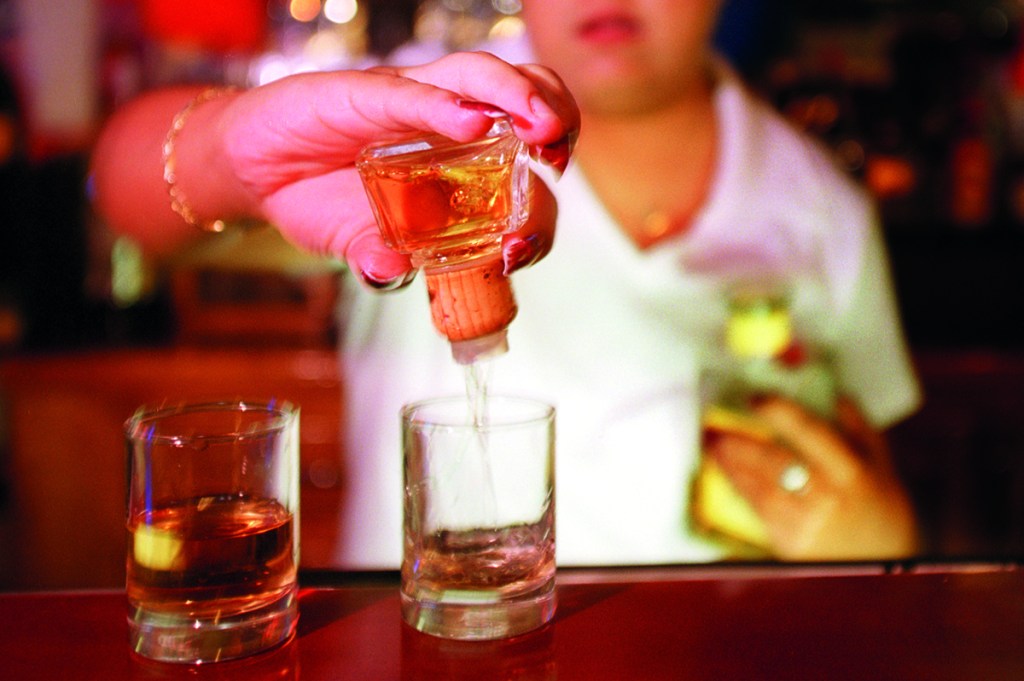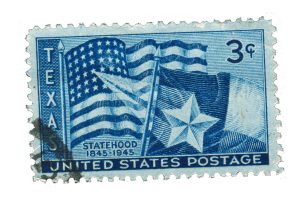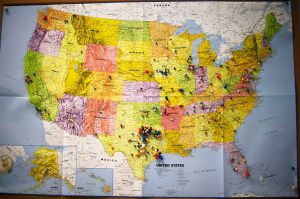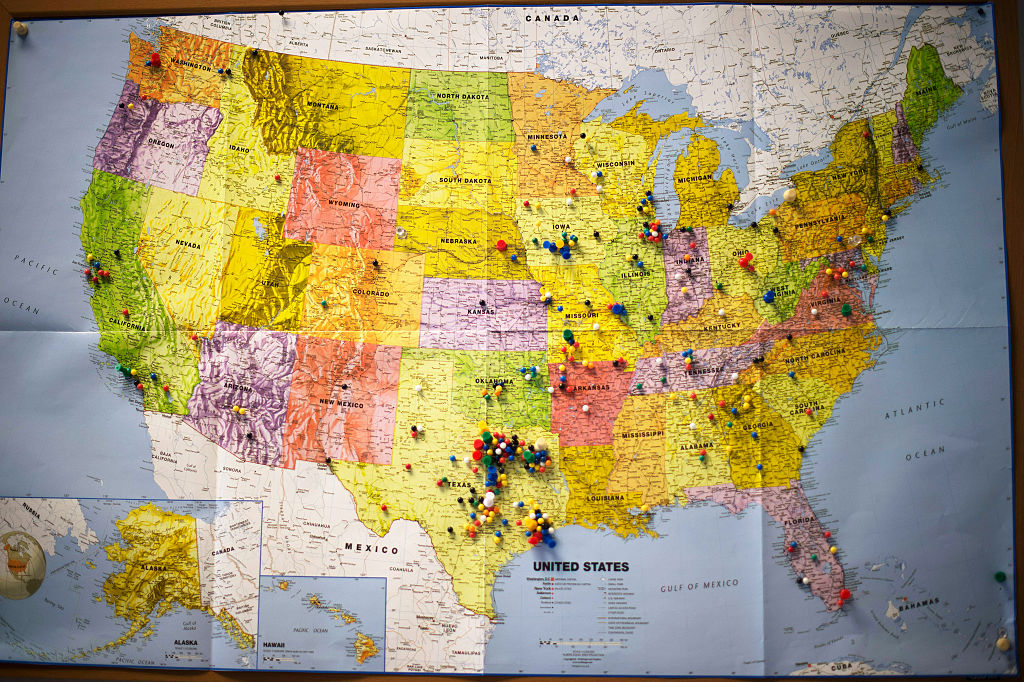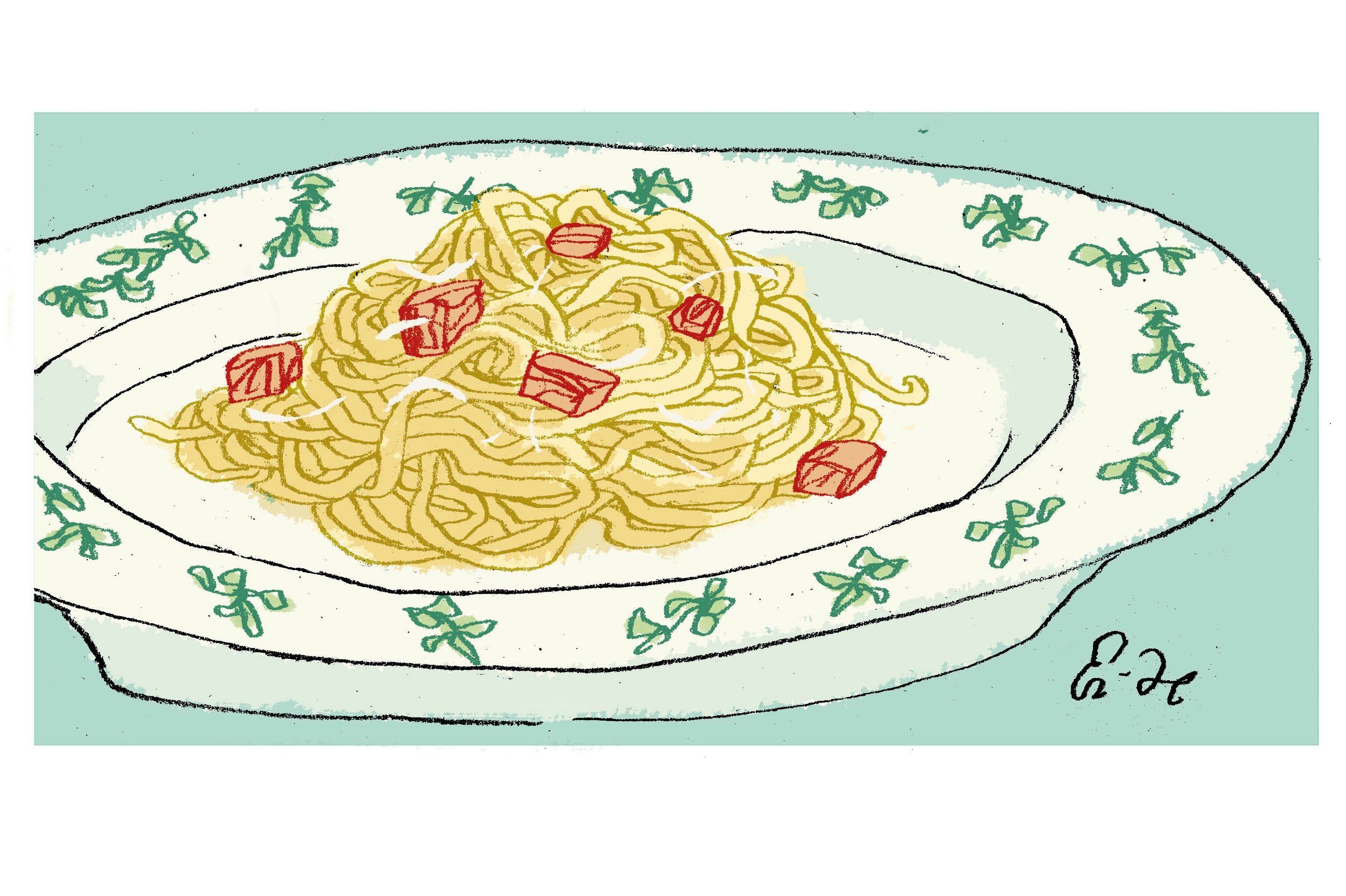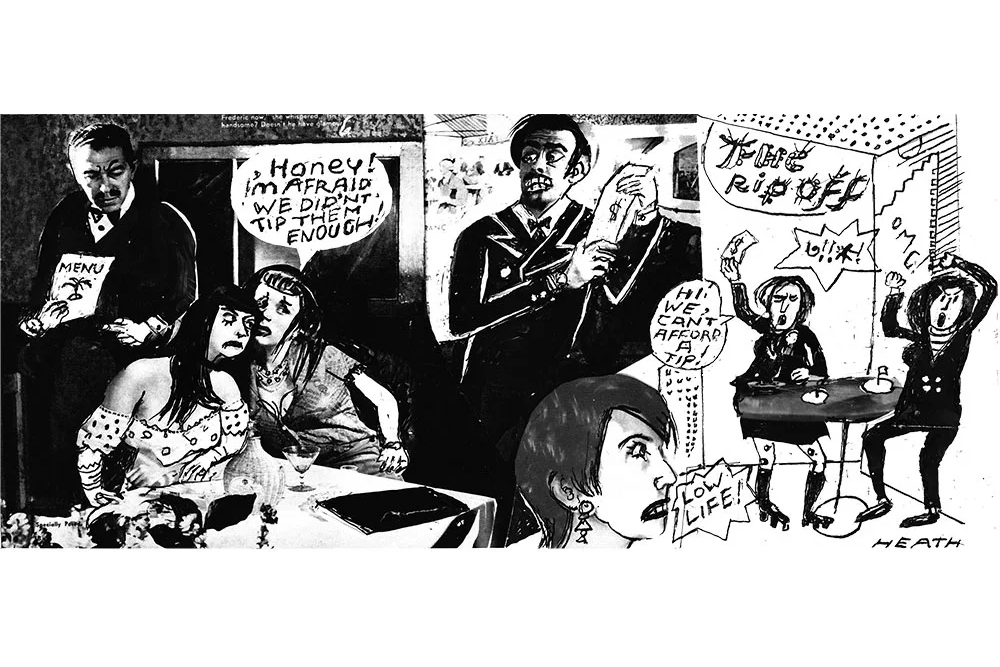The first time I saw Texas, I was more than ready for it. I crossed the state line in the middle of a month-long, coast-to-coast road trip after a hellish tour in Afghanistan. ‘You can go to Hell, but I am going to Texas,’ said Davy Crockett. I think he had a point. Texas is better, though it’s nearly as hot come summertime.
My wingman and I did our best to honor Hunter S. Thompson’s advice to embrace ‘madness in any direction, at any hour’. Well, of a sort. We were both still subject to the army’s random drug tests, plus it was hard to entirely forget the chivalrous officer code drilled into us at Sandhurst, the West Point of Britain. In El Paso we walked over the Texas-Mexico border to explore the one street in Juarez that our hotel manager advised was safe, all the while politely declining at every other storefront the pimps’ entreaties: ‘You want taxi? You want go downtown? You want see beautiful pussy?’
Driving on through Texas in thrall to the madness, my wingman, a veritable Samoan lawyer compared to my poor imitation of Raoul Duke, lusted over the gun shops beside the highway. He talked dreamily of moving to Texas, because here was the sort of place you could open the archetypal ‘Man Shop’. He’s now happily married in the Northumberland hills of northeast England, raising two riotous small Samoan lawyers of his own.
Most places create their own mental geographies from myths, old maps, wishful thinking and outlandish claims. Texas exemplifies this ruse. Its idea that everything is bigger, bolder and better here has captured our imaginations: if you hear ‘Texas’, you don’t think small. It’s a powerful, uplifting word, a state of mind. ‘Outsiders see us as the nation’s id, a place where rambunctious and disavowed impulses run wild,’ writes the Texas author Lawrence Wright.
Many Texas stereotypes hold true: the monstrous multilane highways barreling through Houston, the shallow wealth and anomie of Dallas high society, the huge 4x4s, the cowboy boots and hats, the homestead arsenals and genteel politeness, with lots of ‘Yes, ma’am’ and older men calling you ‘Sir’.
Beneath all that beats the more nuanced heart of Tejas. Tejas is the Spanish spelling of the Native American word taysha, which means ‘friend’ or ‘ally’. In the 17th century, the Spanish called this part of their empire ‘the great kingdom of Tejas’. Texas’s Mexican heritage wasn’t defeated after 1836, when Texas clinched independence from Mexico at the Battle of San Jacinto, or in 1845, when it became the 28th state of the United States. It is alive and well, not surprisingly given that the 1,254-mile border between Mexico and Texas is the longest of the border states. If you stop at a cantina or a gas station in Texas’s semitropical Rio Grande Valley, you will likely be the only one speaking English. The Mexican vibe permeates northward. In the state capital, Austin, Cisco’s cantina still serves the migas tacos — tortilla-wrapped scrambled eggs cooked with tortilla chips, tomatoes, onions and jalapeño, then covered in cheese — that drew Lyndon Baines Johnson for breakfast as he ascended toward the presidency.
The road trip inspired a journalism school application. At the University of Texas at Austin, Mexican American friends put me straight on how to make a real margarita. Always use dark reposado (aged) tequila rather than the usual clear silver tequila. Everything changed after that lesson. As I cycled tipsily through the Hispanic neighborhoods of East Austin, a statue of the Virgin of Guadalupe gazed munificently from every front garden at my Tejas-infused inebriation.
Wright calls Texas ‘the nation’s bellwether’. A rapidly growing and diversifying population is shifting leftward while conservatives prepare for their Alamo. To meet the new Texas, take a trip to Buc-ee’s, the supersized highway pit-stop franchise. You can’t miss it: look for the toothy cartoon beaver enshrined 200 feet above the highway. If you survive the pump-side Wacky Races and fill up at one of the 120 pump stations — at night an illuminated Buc-ee’s looks like something out of Battlestar Galactica — you’ll be swamped by the full human spectrum inside the giant store. Imagine a cross between Modern Family and Hieronymus Bosch.
Buc-ee’s may be a contemporary manifestation of the Alamo, if it’s the last stand of what makes Texas Texan, where anyone is accepted and almost everyone seems to go. If the One Percent miss it, their lives is duller for it. To understand what Texas is and what America will be, go to a Buc-ee’s. Just don’t argue with anyone: he could have a concealed-carry license. No wonder they’re all so polite.



